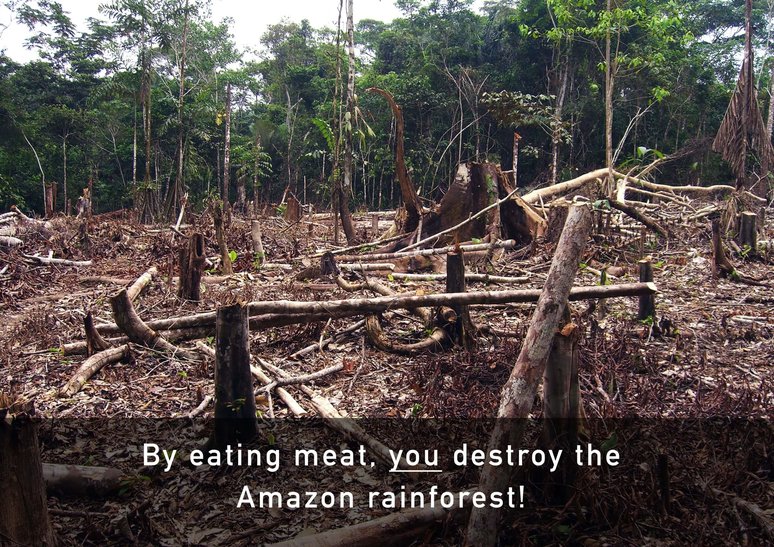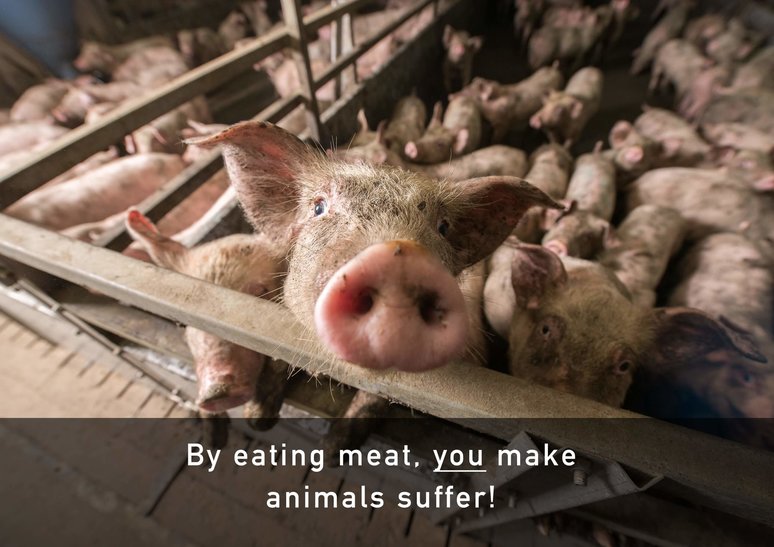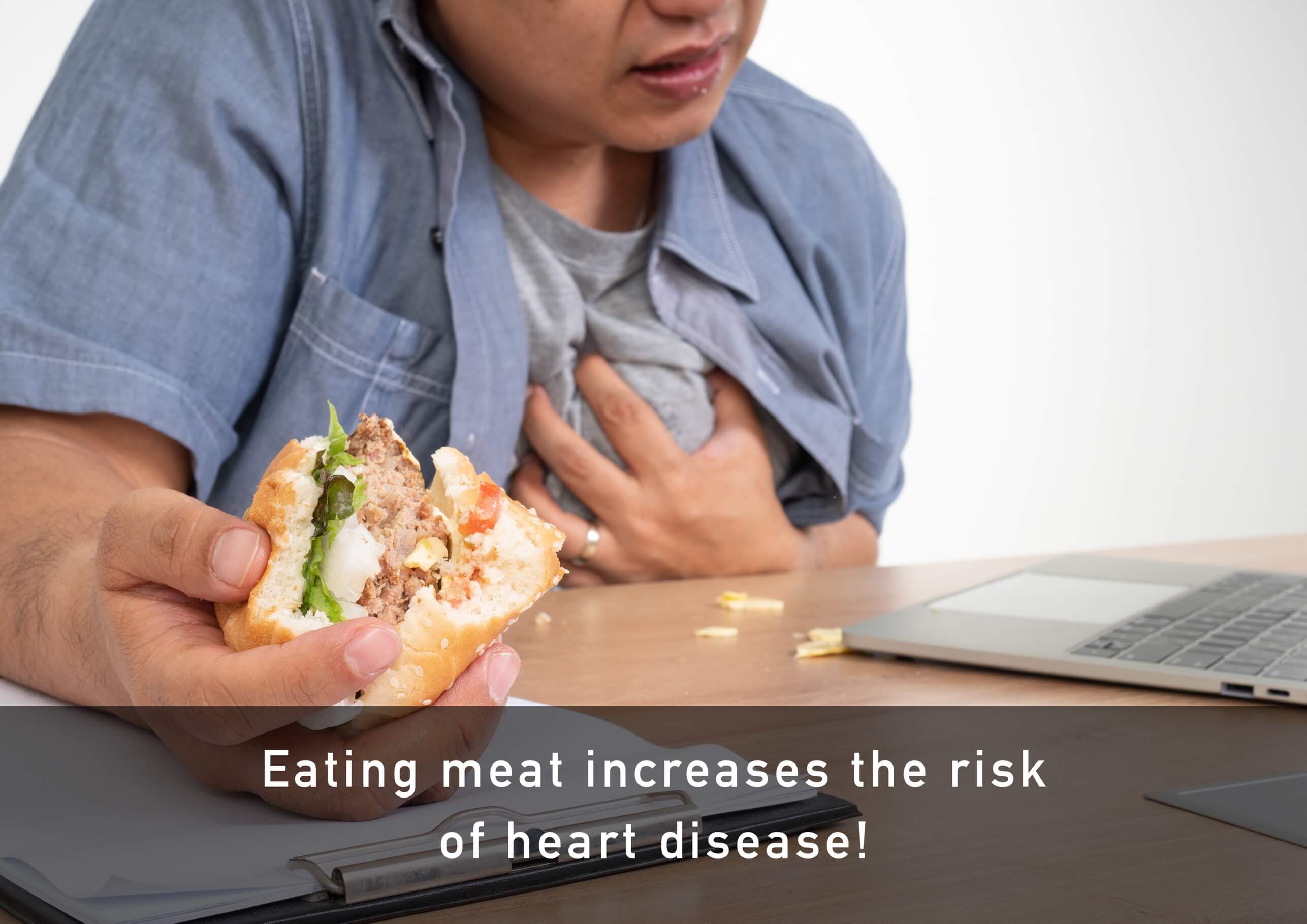Meat shaming may reduce meat purchases
Research by Anne-Madeleine Kranzbühler and Rick Schifferstein shows that 'meat shaming' stickers on meat packaging can have an inhibiting effect on meat purchases. Stickers that point to animal suffering, in particular, stir up feelings of shame.
By now, we all know that eating meat has a negative impact on the environment, animal welfare, and our health. There are many initiatives out there informing the public about the harm meat may have on humans, animals, and the planet; however, their impact is limited. But what if they were able to trigger people’s emotions?
"My fellow researcher Anne-Madeleine Kranzbühler told me about activists in Australia who put warning stickers on meat packaging in supermarkets. We wondered what impact this might have on sales," says fellow researcher and Associate Professor at TU Delft's Faculty of Industrial Design Engineering (IDE) Rick Schifferstein.
Meat shaming
The activists in Australia used 'meat shaming' as a technique, seeking to publicly "shame" consumers who buy meat by pointing out its negative effects. Thus, the researchers applied the same method. "We deliberately chose negative emotions. They have a greater effect on behavioural change than positive emotions."
"In addition, it is a form of a reality check. Meat is presented as if it comes from the factory, without being able to see the animal's skin, head, legs, or intestines. The context of the animal is filtered out, giving you an idyllic image. This is enhanced by images such as a cow grazing in a meadow or a chicken scurrying around a farm. But it is more likely that animals are kept in small stalls with little living space."
With a group of more than 500 participants, the researchers experimented with the text and images on the warning labels. For example, labels were created with messages that highlighted environmental damage, animal suffering, or health. They also tested the tone of the message, which was either purely informative or addressed the consumer directly. As for the entity behind the message, sometimes it was the government, an activist group, or even an individual.
Possible implications
The results of their study show that people are less likely to buy meat with these kinds of stickers on them, due to shame. Another interesting finding was that participants were not impressed by messages that pointed out the health risks of consuming meat. They also didn’t really seem to care who the warning was coming from.
"I find it striking that the health aspect plays a small role in the decision-making process," notes Schifferstein. "It may be that it is difficult for people to imagine what the long-term health risks are, or they prefer to not know. Whereas they can more easily imagine animal suffering or environmental damage."
"If the government were to consider introducing warning labels on meat packaging, this study could help in their decision-making process. The condition, however, would need to be that every meat package has a sticker. Otherwise the effect will be missed," Schifferstein concludes.
The Food Design Lab
How our society deals with food is crucial. Many social problems can be traced back to our relationship with food. "From agricultural production and food waste to growing numbers of people with obesity and diabetes. Even mental health is affected by food." Rick Schifferstein is the director of the Food & Eating Design Lab at TU Delft's Faculty of Industrial Design Engineering (IDE). There, researchers, students, and companies work together to improve the interaction people have with their food, and explore solutions that promote health and well-being.

- +31 (0)15 27 87896
- H.N.J.Schifferstein@tudelft.nl
-
Room C-3-300
"Let's make sense!"



